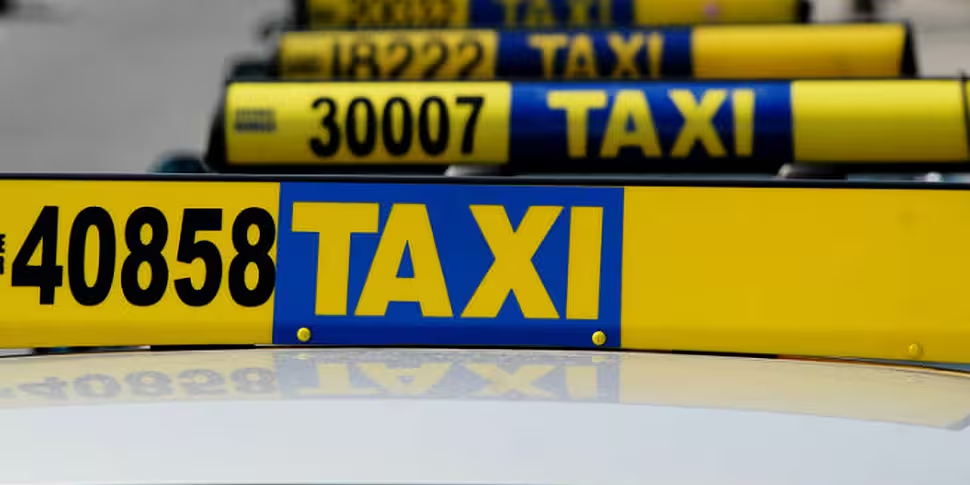'Uber' has become a word associated with technological innovation around the world - but the company's ascent and acclaim have been met with hand-wringing, nasty protests, and serious union opposition across Europe.
The brand's UberPop service allows casual vetted drivers to use the app to offer people lifts for money - without being a licensed taxi driver. This service has been causing controversy across Europe and provoked aggressive protests in France last summer.
Uber has aspirations to launch an alternative version of the service in Ireland but under a different name.

Elaine Thompson / AP - Protesters yelling at a Uber office are reflected in the window of the building at a rally for fair wages Wednesday, April 15, 2015, in Seattle.
Uber Ireland's country manager spoke to Newstalk's Down to Business, he said, "We’re very early into the conversations. We’re positive and looking forward to having great conversations… It was challenging time for a lot of businesses looking to get regulations altered or change," commenting on the company's initial discussions with Transport Minister, Shane Ross.
However, the introduction of a freewheeling service with light light-touch regulation faces opposition from a number of quarters.
The National Transport Authority (NTA) has potentially poured cold water on Uber's plans to bring ride-sharing to Ireland. According to the Irish Examiner, an NTA spokesperson has said that it is unlikely that there will be any change to the current legislation preventing drivers charging for the transportation of others without a taxi licence.
"That model of operating commercial services for hire without licenses is not a model that would comply with primary legislation in Ireland.

"Uber Ireland Technologies Ltd is licensed by the National Transport Authority, as a small public-service vehicles dispatch operator ... Uber has categorically assured the National Transport Authority that, in Ireland, it contracts only with licensed drivers using licensed vehicles, together with operating the taximeter and remaining within the maximum fares order for taxi journeys as obliged at law," it continued
Four years after it was founded, Hailo has become the go-to app for Irish punters in need of a lift. It describes its approach as one of 'constructive disruption', rather than 'destruction.'
"We have worked within the existing infrastructure here to improve it, we haven't smashed it and said 'we know better ... Consequently we got a lot of support from drivers and built up a big supply base," Hailo Chief Executive Andrew Pinnington told the Irish Independent.
In that interview, he recalled how Hailo was blown out of the water by Uber when it took on the US, as investors poured money into the San Franciscan start-up.

Last month Hailo announced that it will team up with myTaxi to form Europe's largest taxi e-hailing company. The new firm will operate under the mytaxi name.
The two companies are joining forces to service 70 million passengers with some 100,000 registered taxi drivers in over 50 cities across nine countries. At present, Hailo operates in Ireland, UK and Spain, while mytaxi is available in Austria, Germany, Italy, Poland, Portugal, Spain and Sweden.
So far Uber has failed to get the regulatory green light to position itself to make a major land grab in the Irish market, and these regulations could prevent the service from catching on here in the way that it has in other regions.
Hailo has a strong foothold that it will fight to protect. With a market valuation north of $60bn and a strong presence on the ground in Ireland , Uber isn't going away - but it is facing real challenges to make-up lost ground here.









